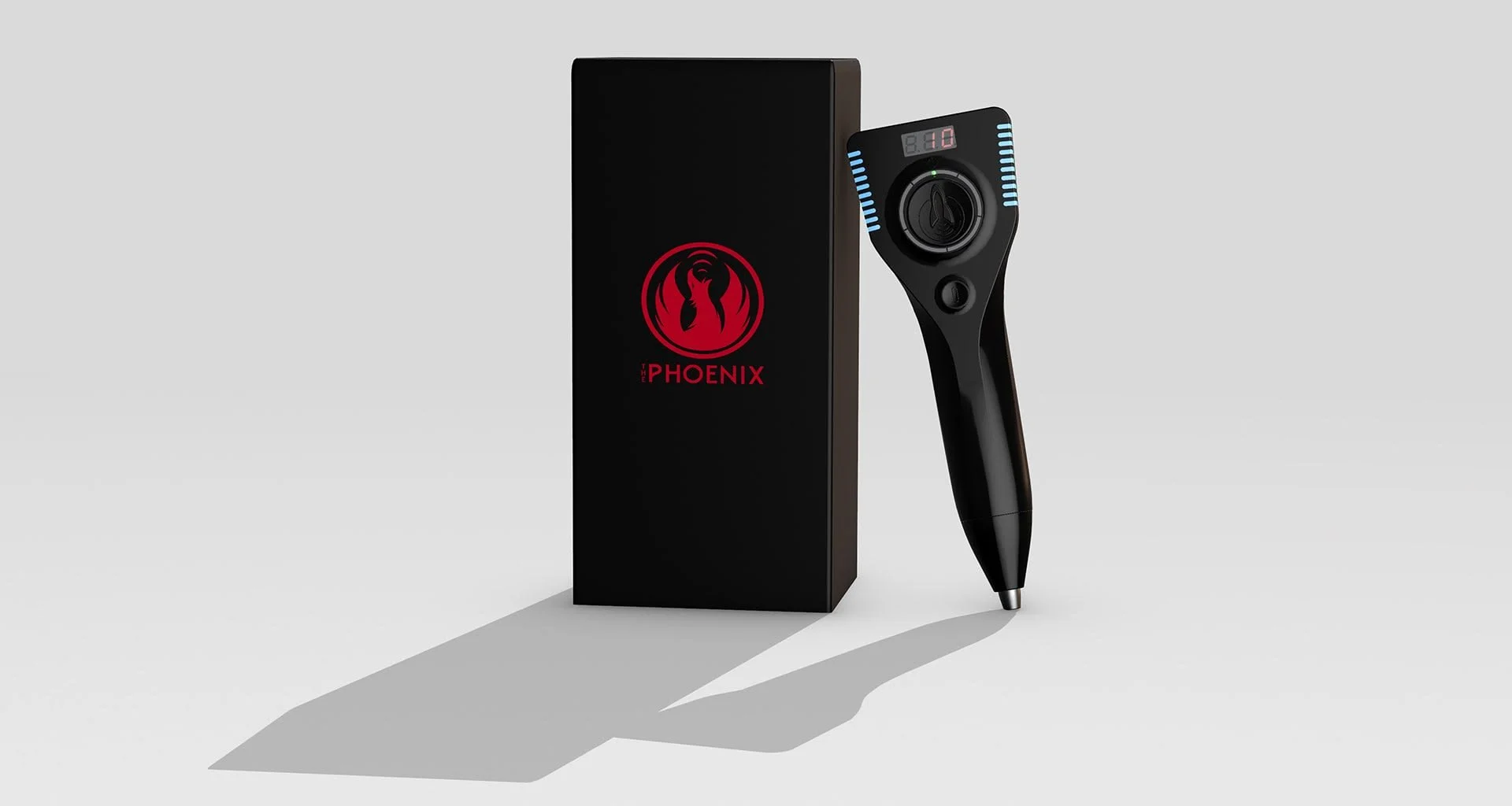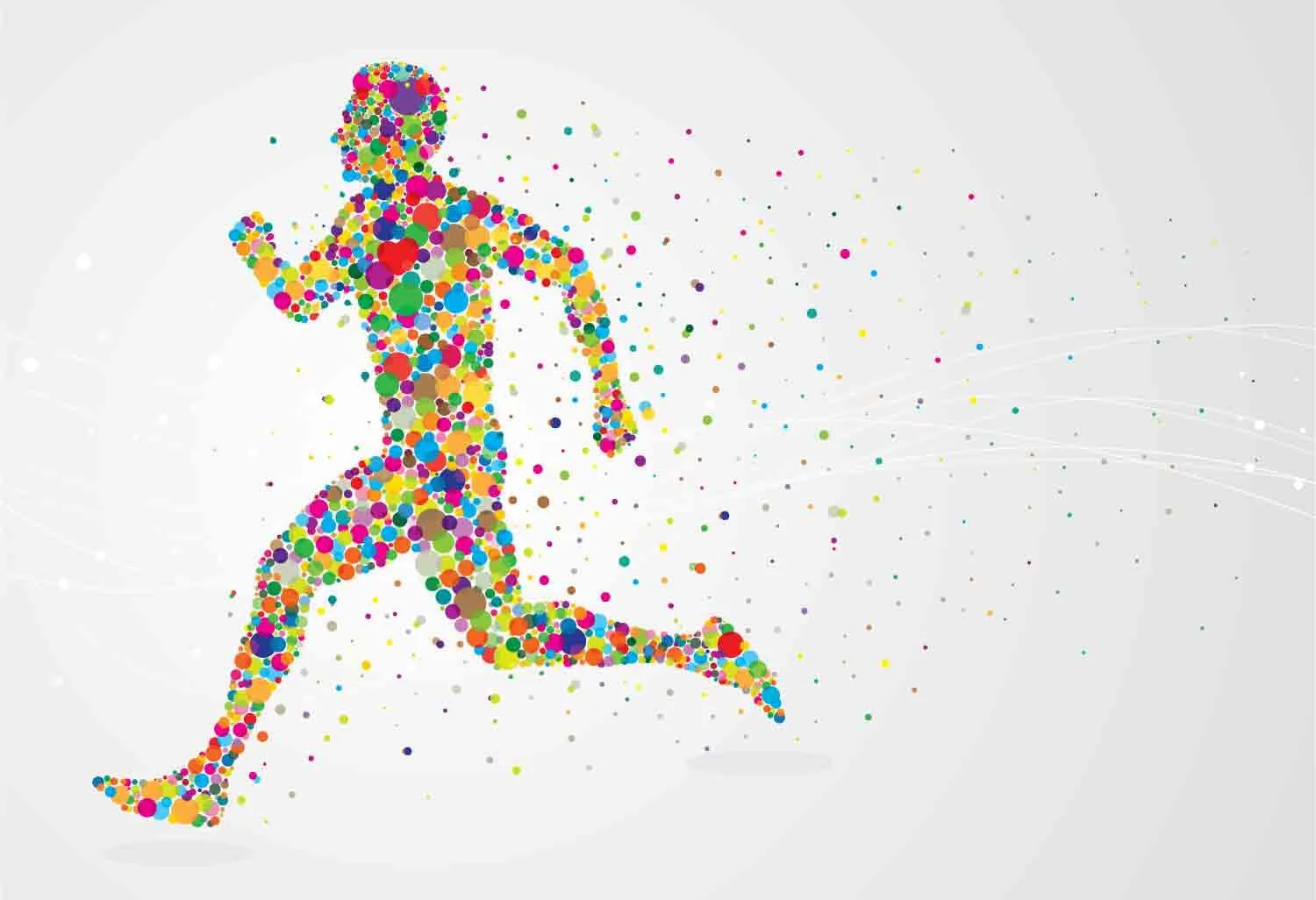The Role of Testosterone in Erectile Dysfunction
Testosterone plays a key role in men’s sexual desire and function - leading many to believe that low levels of testosterone brings about erectile dysfunction. However testosterone levels are merely one variable that may contribute to this multi-variable condition. In fact, some men with low levels of testosterone (also known as hypogonadism) are able to get erections without a problem while others with healthy levels may find it difficult to get and maintain an erection. This is one of the reasons our clinic believes it’s so important to take a comprehensive approach to addressing ED.
All About Testosterone
Produced in a man’s testes, testosterone is the main male sex hormone and plays a key role in cognitive function and the development of the musculoskeletal system as well as secondary sex characteristics such as a man’s body hair and voice.
Normal testosterone levels range between 300 and 1,000 nanograms per deciliter (ng/dL). And these levels decline with age with most men reaching peak testosterone levels in their 30s. If testosterone levels are below this range or unusually low relative to a man’s age, they may be diagnosed with low testosterone.
According to data published in the journal Frontiers in Endocrinology, approximately 40 percent of men over 45 and 50 percent of men in their 80s are hypogonadal.
In addition to aging, low testosterone can develop for a variety of reasons, including:
Obesity
Diabetes
Autoimmune diseases
Testicular damage
Metabolic syndrome
High blood sugar
High blood pressure (hypertension)
Sleep apnea
Fat around the waist
Genetic conditions including Noonan or Klinefelter syndrome
Reactions to medications
Low Testosterone: Common Symptoms
Low testosterone can cause a wide range of different symptoms, including:
FATIGUE, LACK OF ENERGY
DECREASING OR NO LIBIDO (I.E. SEX DRIVE)
DIFFICULTY ACHIEVING OR MAINTAINING AN ERECTION
NO MORNING ERECTION
DECREASE IN MUSCLE MASS
CHANGE IN FAT DISTRIBUTION (ESPECIALLY AROUND THE MIDDLE)
WEIGHT GAIN UNRELATED TO DIET
POOR MEMORY
DECREASE IN MOTIVATION OR DRIVE
DIFFICULTY CONCENTRATING OR BRAIN FOG
FEELING “PAST YOUR PRIME”
DEPRESSION OR ANXIETY
LACK OF SELF-ESTEEM
NIGHT SWEATS OR INSOMNIA
GYNECOMASTIA (ENLARGEMENT OF MEN’S BREASTS)
HAIR LOSS
SLEEP APNEA
The Impact of Low Testosterone on Erectile Dysfunction
Dr. Abraham Morgentaler, a leading urologist from Harvard Medical School, is quoted as saying, “Testosterone has two important actions to help with erections. One is its actions on the sexual centers within the brain to convert arousing thoughts and sensations into nerve signals … The second is its direct actions within the penis to produce chemicals that contribute to creating an erection.”
There are receptors for testosterone in the corpora cavernosa - the two chambers of the penis where erections occur. Specifically, testosterone controls some of the chemical signals that stimulate blood flow during the erection process, leading the chambers to effectively trap blood and generate an erection. Optimal testosterone levels increase the number of smooth muscle cells essential for an erection. Conversely, a lack of testosterone results in fewer smooth muscle cells and increased fatty deposits in the penis.
In summary, testosterone plays a role in the physiology of achieving an erection and is critical to how the brain responds to stimulation and sexual thoughts. Specifically, testosterone enables the penis to release the necessary chemical signals, affecting its ability to get hard and maintain the proper types of cells essential for healthy erectile function.
There are multiple etiologies for erectile function - the health of the blood vessels or vascular function is affected by more than just testosterone alone. Regardless of a man’s testosterone status, poor cardiovascular health or disease play a major role in erectile function. Optimal testosterone levels do play a key role in erection function - however, it is important to evaluate all health variables when determining the course of treatment. At our clinic, we believe that a comprehensive approach is always advisable - you can read more about this on our Men’s Sexual Health page.
Controversies and Advances in Testosterone Replacement
According to Dr. Morgenthaller, “Testosterone therapy (TTh) has become highly controversial. There are important health consequences of testosterone deficiency, and meaningful benefits with treatment. There is level 1 evidence that TTh improves sexual function and desire, body composition, and bone density. Concerns regarding cardiovascular risk were based on two deeply flawed retrospective studies and are contradicted by dozens of studies showing cardiovascular benefits of TTh or higher endogenous testosterone, including placebo-controlled studies in men with known heart disease (angina, heart failure). Prostate cancer should no longer be considered a risk of TTh. Testosterone is neither scourge nor panacea—it is just good medicine.” (UROLOGY 89: 27–32, 2016)
So many men are hesitant to try testosterone replacement therapy because of the widely-held fear of cardiac deterioration associated with TRT. However there is simply no evidence of this causation. Sadly, as Dr. Morgentaler states, “once a dominant narrative has been established, it can be exceedingly difficult to return to an objective stance where the evidence again becomes paramount.”
To learn more about this subject, please read these articles:
Controversies and Advances With Testosterone Therapy: A 40-Year Perspective
Testosterone and Cardiovascular Risk - Deciphering the Statistics
The Benefits of Testosterone Replacement Therapy
For the appropriate patient at the appropriate age, testosterone replacement can be a life-changing tool - improving vitality and quality of life. There is compelling evidence to suggest that, when delivered safely and effectively, testosterone therapy can reduce the risk of various diseases and degenerative issues, such as muscle loss (or sarcopenia), type-2 diabetes, and osteoporosis. Studies suggest that optimized testosterone levels are associated with better cardiovascular health and outcomes. Testosterone therapy, especially when combined with other healthy lifestyle interventions, often improves a man’s sense of well-being, motivation to exercise or participate in activities, socialize and have a healthy sexual relationship with his partner.
Kass Precision Medicine has extensive training and experience in safe, evidence-based methods of evaluating and treating testosterone deficiency. Dr. Kass has completed advanced hormone replacement training with leading hormone experts in the U.S. and is committed to staying up to date and studying the nuanced hormone literature. Our clinic most commonly provides three types of hormone replacement options, including transdermal creams, injection testosterone, and bioidentical testosterone pellet insertions. We are committed to close and careful monitoring of hormone replacement when applied and require regular follow-up and lab testing in addition to mandatory cardiovascular and prostate screening.
Natural Ways to Increase Testosterone Levels
Everything from age to fitness level and lifestyle habits play a factor in how much testosterone is produced. Men can make small, simple lifestyle changes to try to increase testosterone levels, including:
Exercise regularly
Reduce stress levels
Maintain a healthy weight
Improve sleep habits
Eat a healthy diet (focus on legumes, fatty fish, oysters, beef liver and leafy green vegetables)
Consider supplements (i.e. vitamin D, ashwagandha, zinc and magnesium)
We seek to partner with patients who are proactive and interested in working on changing their health trajectory by taking a comprehensive approach to wellness.

















